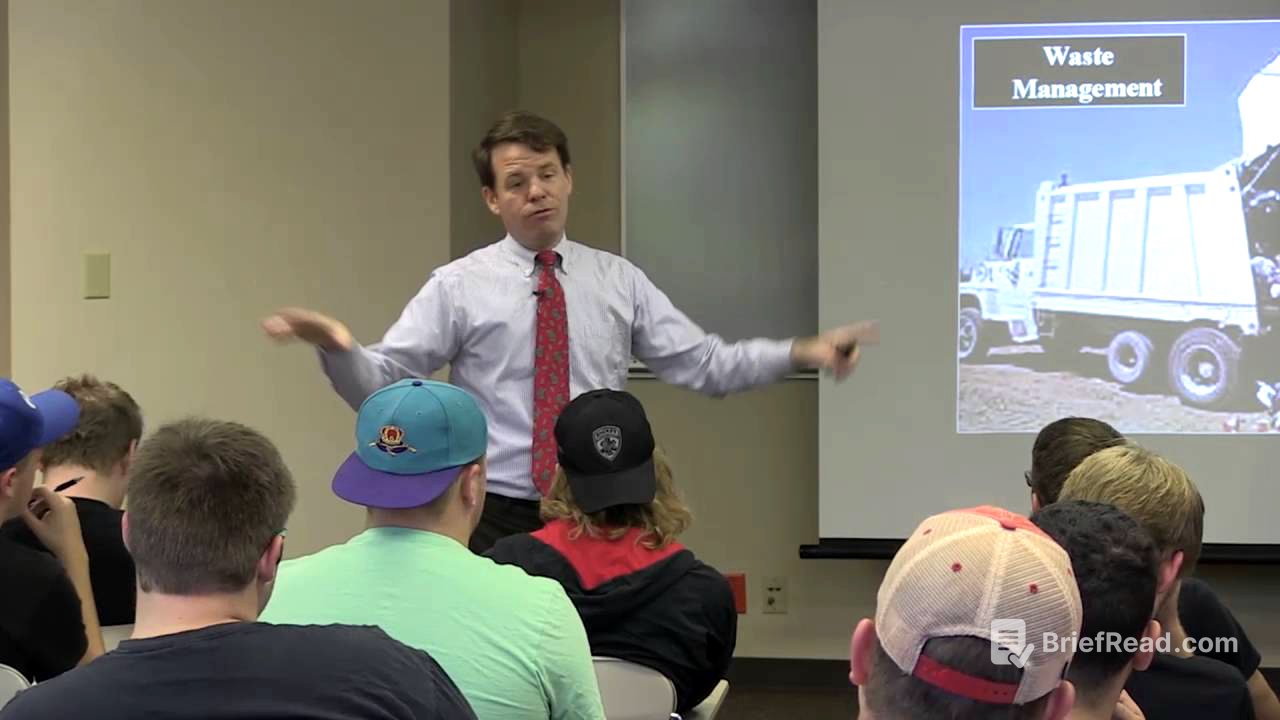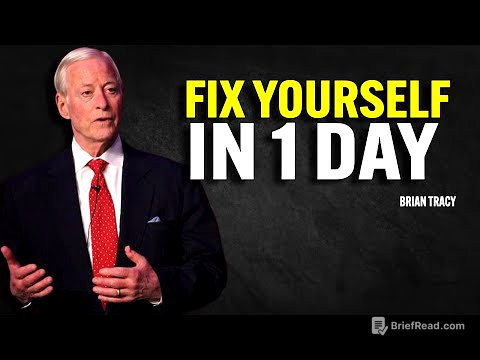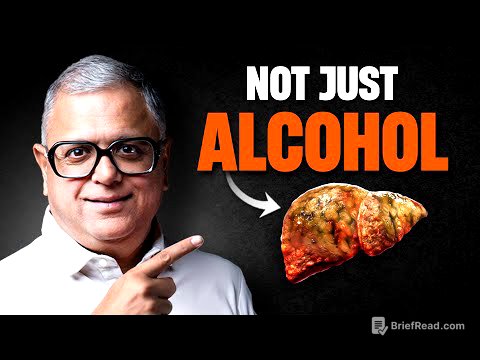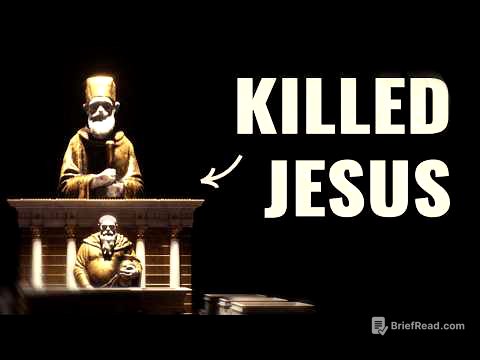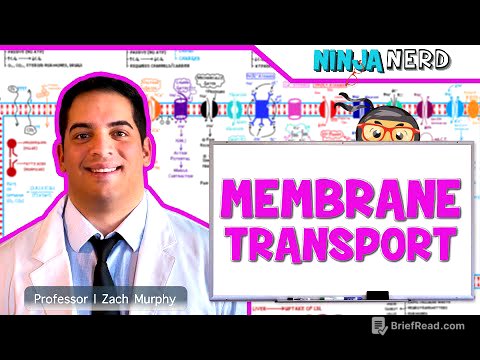TLDR;
This video defines politics as the process of reconciling individual interests with collective action and the provision of public goods. It explains how governments, through institutions and laws, make political decisions that often result in winners and losers. The video also touches on the concepts of concentrated versus diffuse interests and how they influence political outcomes, using examples like abortion and free trade. It concludes by introducing the idea of governments solving collective action problems, which will be discussed in the next video.
- Politics is the process of reconciling individual interests with collective action and public goods.
- Government uses institutions and laws to make political decisions.
- Political decisions often create winners and losers.
- Concentrated interests can have a stronger influence than diffuse interests.
- Governments solve collective action problems.
Introduction: Defining Politics and the State [0:00]
The video starts by defining the state as a political institution with a monopoly on the legitimate use of force within a defined territory. The focus of the lecture is to define the word "political". The state provides public goods in exchange for loyalty and taxes, which can be broadly categorized as protection and solving collective action problems.
What is Politics? Reconciling Interests and Public Goods [1:35]
Politics is defined as the process by which individual interests are reconciled with collective action and the provision of public goods. Interests are defined as the things that people want or their desires. The example of ordering a pizza with a group of friends illustrates how diverse individual preferences must be negotiated to arrive at a single public good.
Examples of Public Goods and Conflicting Interests [7:15]
The lecture uses examples such as protection, law and order, transportation, water and waste management, and public education to illustrate how the state provides public goods. Despite general agreement on the need for these goods, individuals often have conflicting interests regarding how they should be provided, funded, and implemented. This diversity of interests is a key aspect of politics.
The Nuances of Agreement: Murder, Protection, and Education [12:30]
Even on seemingly universally agreed-upon issues like the illegality of murder, disagreements arise regarding to whom the law should apply, such as in the case of abortion. Similarly, while most agree on the need for protection and education, differing interests emerge concerning who should be protected and what should be taught. These examples highlight the complexities of reconciling individual interests in the political process.
Government, Institutions, and Laws: The Framework of Politics [19:10]
Government is defined as the set of individuals and institutions that make political decisions. Institutions are the organizations, rules, and traditions that government establishes. There are two kinds of laws: statutory laws (laws of everyday life) and constitutional laws (rules that determine how the rules are made). All political decisions involve winners and losers, as not everyone gets exactly what they want.
Concentrated vs. Diffuse Interests: Understanding Political Influence [23:34]
Interests can be concentrated (held by a smaller number of people who care a lot) or diffuse (held by many people who care only a little). The example of public transportation illustrates this concept, where many people might benefit a little, but a few (like taxi companies) are significantly disadvantaged. The abortion debate is another example, where those who oppose abortion often feel more strongly than those who support it, influencing political outcomes.
Institutions and Public Goods: The Vegetarian Pizza Problem [29:00]
Institutions, particularly the rules for making rules, affect the public goods that are provided. A hypothetical scenario involving carnivores and vegetarians ordering pizzas illustrates how majority voting can lead to tyranny of the majority, where the minority's interests are completely ignored. Dividing power federally can help address this issue by allowing regions with similar interests to make decisions that reflect their preferences.
Real-World Political Issues and Collective Action Problems [35:55]
In real-world politics, the "toppings" people want are not pizza ingredients but rather decisions on taxes, drug laws, and foreign policy. Governments not only provide protection and public goods but also solve collective action problems. The next video will focus on how governments address these problems.
